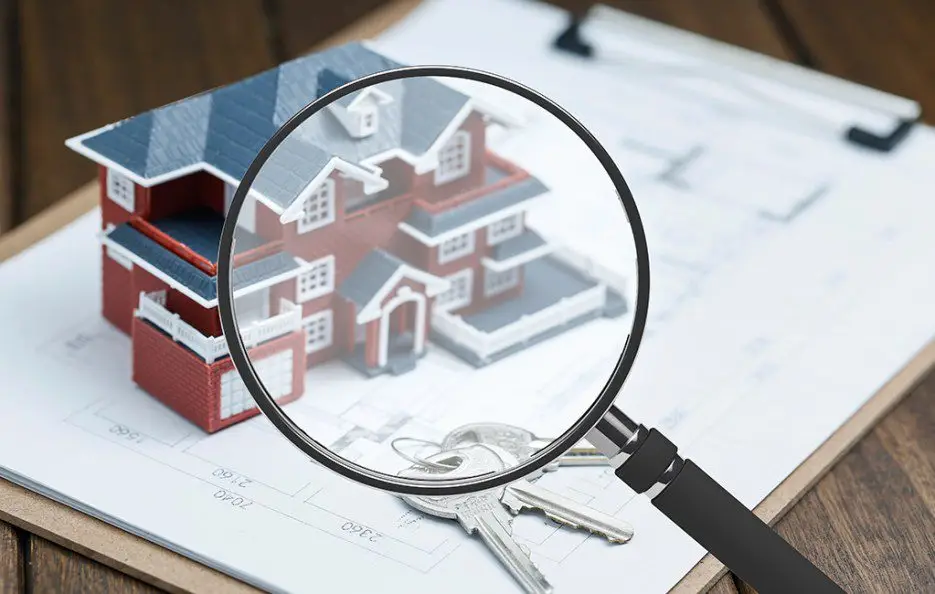The real estate industry is experiencing significant shifts in how commissions are structured and paid, driven by increased transparency, regulatory changes, and evolving market dynamics. These changes not only affect real estate agents and brokers but also ripple through related sectors, including the home inspection industry. Understanding these impacts is crucial for home inspectors to adapt and thrive in this evolving landscape.
The Changing Real Estate Commission Model
Traditionally, real estate agents earn a commission based on a percentage of the home’s sale price, typically split between the buyer’s and seller’s agents. However, this model is undergoing transformation due to several key factors:
- Increased Transparency: There is a growing demand for clarity in commission rates. Multiple Listing Services (MLS) in various regions now mandate the public disclosure of commission rates offered to buyer agents. This transparency empowers consumers to negotiate better deals and understand what they are paying for.
- Legal and Regulatory Changes: Antitrust lawsuits and investigations by the U.S. Department of Justice (DOJ) challenge the traditional commission structures. These legal pressures aim to foster competition and prevent practices that may artificially inflate commission rates. For example, the DOJ has pursued cases against the National Association of Realtors (NAR), leading to increased scrutiny on how commissions are set and disclosed.
- Alternative Commission Models: The rise of flat fee and discount brokers offers consumers more options, often at lower costs compared to traditional percentage-based commissions. Companies like Redfin and Purplebricks offer reduced commission rates while still providing essential real estate services. This model appeals to budget-conscious sellers and buyers who seek value without compromising on service quality.
- Technological Advancements: Online platforms and real estate technology are making it easier for buyers and sellers to connect directly, potentially bypassing traditional agents and reducing reliance on commission-based models. Services like Zillow, Opendoor, and other iBuyers streamline transactions and provide alternative methods of buying and selling homes, often at lower costs.
Impacts on the Home Inspection Industry
The home inspection industry, closely tied to real estate transactions, is also affected by these changes. Here’s how:
- Increased Price Sensitivity: As consumers become more aware of commission costs and seek to minimize expenses, they may scrutinize every aspect of the home buying process, including inspection fees. Home inspectors may face pressure to justify their costs or offer competitive pricing to attract cost-conscious clients. This could lead to more competitive pricing strategies or the bundling of services to provide better value.
- Shift in Referral Dynamics: Real estate agents often recommend home inspectors to their clients. With changes in commission structures, agents might seek partnerships with inspectors who offer better value or are willing to negotiate fees. Inspectors need to build strong relationships with agents and demonstrate the value they bring to the table. Additionally, inspectors might need to diversify their referral sources by collaborating with attorneys, mortgage brokers, and other industry professionals.
- Enhanced Value Proposition: To stand out, home inspectors must emphasize the quality and comprehensiveness of their services. This could involve offering detailed reports, advanced inspection technology, or additional services such as radon testing, mold inspections, and energy audits. A clear value proposition helps justify inspection costs to discerning consumers. Providing post-inspection support and maintenance tips can also add value and enhance client satisfaction.
- Leveraging Technology: Just as technology disrupts real estate commissions, it also presents opportunities for home inspectors. Utilizing advanced tools like drones, thermal imaging, moisture meters, and digital reporting can enhance inspection accuracy and efficiency. Inspectors who adopt these technologies can differentiate themselves and potentially command higher fees. Offering virtual consultations and online scheduling can also improve client convenience and accessibility.
- Adapting to Market Dynamics: In competitive real estate markets, homes often sell quickly, and buyers may forgo inspections to expedite purchases. Home inspectors need to adapt by offering quick turnaround times, flexible scheduling, and even pre-listing inspections for sellers to identify and address issues before listing their homes. Providing warranties or guarantees can also reassure buyers and sellers about the inspection’s thoroughness and accuracy.
Actionable Tips for Home Inspectors
To navigate these changes, home inspectors should consider the following actionable strategies:
- Strengthen Relationships with Agents: Build and maintain strong connections with real estate agents. Offer lunch-and-learn sessions where you educate agents about the latest inspection technologies and standards. Regular communication, joint marketing efforts, and attending industry events can help foster these relationships.
- Educate Consumers: Provide educational resources that highlight the importance of home inspections. Create blog posts, videos, and infographics that explain common inspection findings and their implications. Host webinars and workshops for first-time homebuyers to demystify the inspection process.
- Offer Flexible Services: Develop a range of inspection packages tailored to different client needs, such as basic inspections, comprehensive inspections, and specialized services (e.g., energy audits, mold testing). Implement online booking systems to streamline scheduling and provide convenience for clients.
- Invest in Technology: Stay ahead by adopting the latest inspection technologies. Invest in tools like 360-degree cameras for virtual tours, moisture meters for detecting leaks, and software that generates detailed digital reports with photos and videos. Offer clients the option for remote video walkthroughs of their inspection results.
- Enhance Marketing Efforts: Leverage digital marketing strategies to boost your online presence. Use SEO techniques to rank higher in search engine results, and actively manage your social media profiles to engage with potential clients. Collect and showcase customer testimonials and reviews to build trust and credibility.
- Focus on Professional Development: Pursue advanced certifications and training to enhance your expertise and credibility. Consider obtaining certifications from organizations like the American Society of Home Inspectors (ASHI) . Participate in industry conferences and workshops to stay updated on the latest trends and best practices.
Real-World Examples
To illustrate these strategies, here are some real-world examples of how home inspectors have successfully adapted to changes in the real estate industry:
- Innovative Inspections, Inc.: This home inspection company invested in drone technology to inspect roofs and hard-to-reach areas, providing clients with detailed aerial footage and enhancing the thoroughness of their reports. They also offer thermal imaging to detect hidden issues like insulation gaps and electrical hotspots.
- Smart Home Inspectors: By offering pre-listing inspections, this company helps sellers identify and address issues before putting their homes on the market. They also provide a “Home Health Check-Up” service for homeowners who want to proactively maintain their properties.
- Eco-Friendly Inspections: This inspector focuses on sustainability and energy efficiency, offering services like energy audits and advice on green home improvements. They use advanced tools to measure energy loss and provide recommendations for enhancing a home’s eco-friendliness.
Practical Tools for Home Inspectors
Here are some practical tools and resources that can help home inspectors improve their services and adapt to the evolving market:
- Home Inspection Software: Tools like QuickInspect streamline report generation, making it easy to create detailed, professional reports with photos and videos.
- Scheduling and CRM Tools: Platforms like QuickInspect’s QuickScheduler and Jobber help manage appointments, client communications, and follow-ups, ensuring a smooth and efficient workflow.
- Thermal Imaging Cameras: Devices like the FLIR E8-XT provide high-quality thermal imaging to detect hidden issues such as water leaks, insulation gaps, and electrical problems.
- Drones: Models like the DJI Mavic Air 2 are popular for roof inspections and aerial property surveys, offering high-resolution imaging and easy maneuverability.
- Moisture Meters: Tools like the Wagner Meters Orion 910 help accurately measure moisture levels in building materials, essential for identifying potential water damage.
In summary:
The evolving landscape of real estate commissions presents both challenges and opportunities for the home inspection industry. By staying informed about market trends, adapting to consumer needs, and leveraging technology, home inspectors can not only survive but thrive amidst these changes. Emphasizing value, building strong industry relationships, and maintaining a commitment to high-quality service will be key to navigating this new era in real estate. Home inspectors who embrace these strategies can ensure their businesses remain competitive and relevant in an increasingly dynamic market.
By implementing these actionable tips, leveraging the latest tools, and drawing inspiration from real-world examples, home inspectors can provide exceptional value to their clients and secure their position as essential players in the real estate transaction process.

